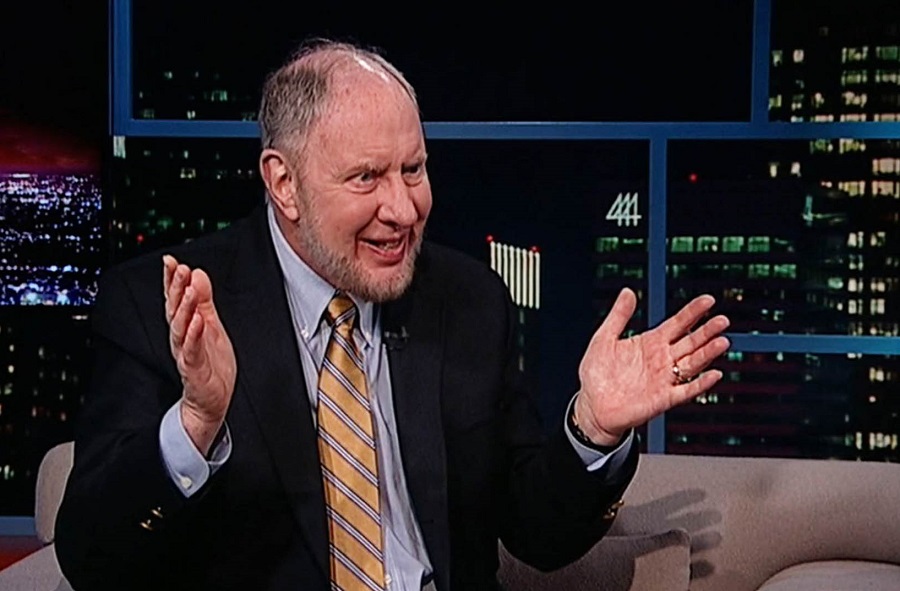Fifteen years ago, Robert Putnam became a worldwide renowned author when his Bowling Alone book was published. His self-proclaimed term of “social capital” caused a deep shock in the intellectual circles and somehow reoriented the way American civil society’s problems are assessed these days.
The main idea lying beneath his works is that the lack of community-based organizations is seriously affecting the quality of life in the United States. While more people are bowling, less of them are associated with a bowling club – as the Bowling Alone story proves.
Now the Harvard professor keeps digging in the same topic with his new book titled Our Kids. According to The Guardian and BBC News interview with Putnam, his tesis of a broken American Dream for our younger generations (less job opportunities, higher debt rates and scarce social mobility) is likely a “purple problem,” meaning to say, an issue whose responsability that cannot be clearly directed to conservatives (red) or liberals (blue).
For example, the author points out that the loss of good jobs in the manufacturer sector has seriously affected America’s once-strong middle class. The question that follows is simple and unavoidable – Where did those jobs go? Surely they went overseas. Free-trade agreements have largely benefited transnational corporations in spite of national low-qualified workers.
In that sense (as BBC News asserts) Putnam seems like a left-wing intellectual, because he understands that the economy structure has only widen the gap between social classes. But some other times, the professor elude a systemic critique and gets back to the “social capital” notion. In certain ocassions, he even sounds like a conservative preacher.
In Our Kids, he insists that school sports, obesity, maternal employment, financial stress, college education, church attendance, friendship networks and family dinners are factors that separate children who will do well in life to those who will struggle. If the difference between “haves” and “have-not” were at some point mostly economical (The Guardian notes), today there are divergences also in how the community and family life is carried out.
One of Putnam’s statements in critical – only 10% of graduated young men come from monoparental families, a similar proportion of 1950’s data. But if we checked the percentage of single parents in the poorest families, it has climbed over 20 points, reaching 65% today.
Here is where Putnam again evades solutions. You cannot force people to keep living together or to adopt a religious-centered lifestyle. He does mention that these families are being segregated from their community networks, and that neighbors are more isolated than before. He also admits that there are fewer common spaces where people from different social classes share.
One of those spaces are public schools, for instance. We have to reinforce them. We have to strengthen our education system instead of cutting programs. We also have to help our single parents, that with extremely low wages (that have been stuck for decades) are having more problems than ever in supporting their families.
As Putnam correctly affirms, these are OUR workers and OUR children. Our Kids makes a fairly clear argument about it. But we also need to acknowledge that some policies that undermine social programs and that makes the market the only liable mechanism for economic justice, have proven to worsened the situation. It is crucial that we understand that NAFTA was a very bad deal and that TPP could be even worse. That avoiding an Immigration Reform is affecting American children whose parents cannot make a normal life. We need to admit that some Republicans are just not on the side of real solutions. When we say these are “purple” problems, we are just being acquiescent with the audience.
The Harvard professor falls short in addressing some of the causes of these economical problems, that can be directly linked with failed policies. Wrongful policies that have been pushed by the most conservative portion of our politicians and the religious and corporative interest that they represent.
Putnam has proven himself as a spendid analyst, making very good diagnosis of our situation. But we also need a strategist – someone who is able to guide our next step.
Entre Noticias Editorial Team








